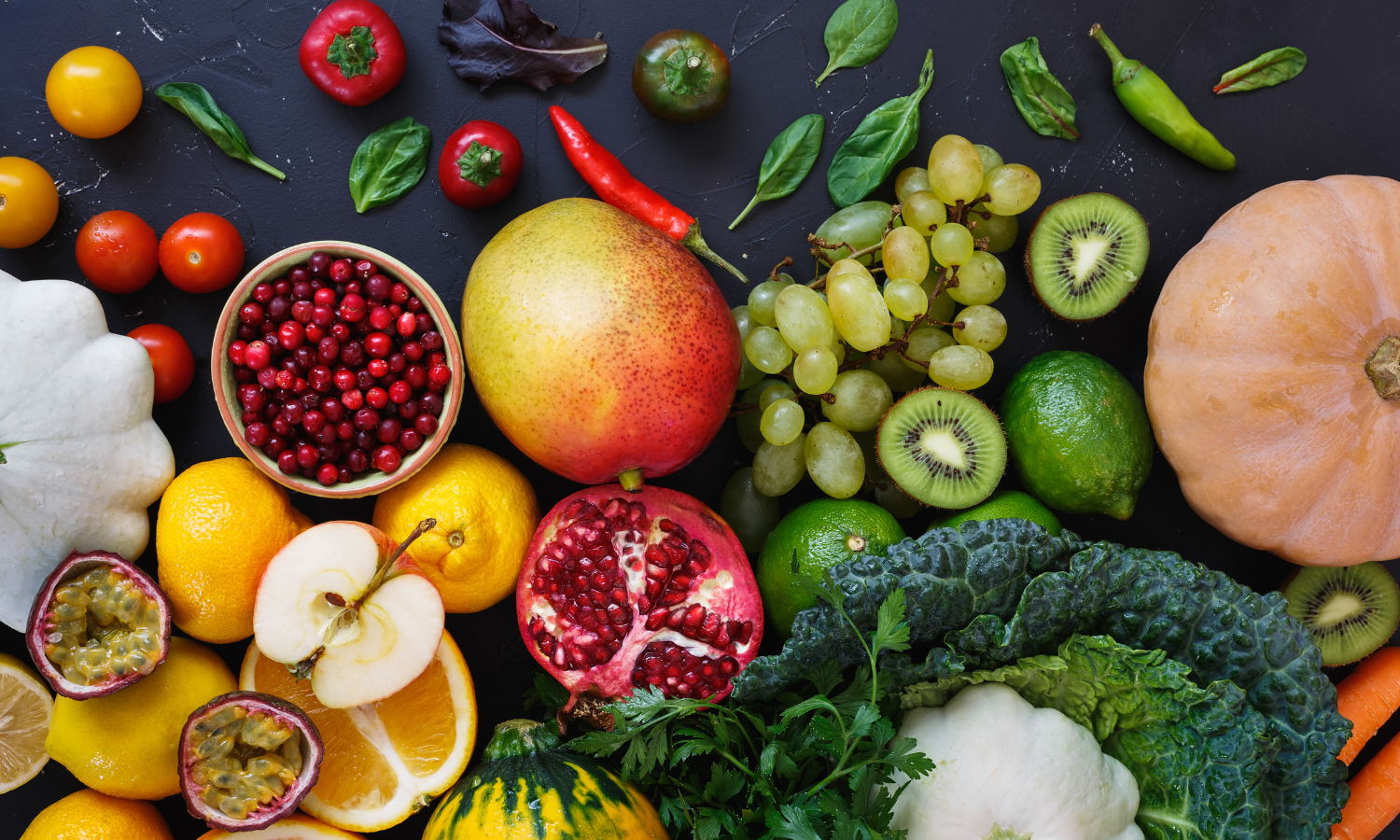March Is National Nutrition Month
March is not just the bridge between winter and spring. It’s also National Nutrition Month, a time dedicated to helping us refocus on the importance of eating right and developing healthy eating and physical activity habits. With the world buzzing with the latest diet trends and superfoods, it's easy to forget that the essence of nutrition is much simpler and accessible to all. In this blog post, we'll dive into what makes this month special, offer practical nutrition tips, and guide you on how to make healthier food choices. It's not just about eating less or dieting; it's about eating smarter.
Understanding the Importance of Nutrition
Nutrition is the foundation of good health. The food we eat provides the energy and nutrients we need to function. But its role goes beyond just fueling our bodies; it's critical in preventing chronic diseases such as obesity, heart disease, diabetes, and cancer. Good nutrition boosts our immune system, supports growth and development, and helps us recover from injuries. With every bite, we have the opportunity to positively impact our health.
Nutrition Tips for a Healthier You
Transforming your diet doesn't have to be a drastic overhaul. Small, sustainable changes are the key to long-term success. Here are some tips to guide you:
Eat a variety of foods: Ensure your plate is colorful, incorporating different fruits and vegetables. Each color provides unique nutrients.
Focus on whole foods: Minimize processed foods. Whole grains, lean proteins, fruits, and vegetables should make up the bulk of your diet.
Hydrate wisely: Water is essential for our bodies to function. Replace sugary drinks with water or herbal teas.
Listen to your body: Eat when you're hungry and stop when you're full. Mindful eating can help you maintain a healthy relationship with food.
Meal Planning Strategies for Nutritional Awareness Month
Meal planning is a powerful tool in your nutrition arsenal. By planning ahead, you can ensure that you’re eating balanced meals and avoiding the temptation of fast food or processed snacks. Start by planning a few days at a time:
Choose your recipes wisely: Pick recipes that are nutritious and fit your taste preferences.
Shop smart: Create a shopping list based on your meal plan to avoid impulse buys.
Prep in advance: Prepare ingredients or entire meals ahead of time. This will save you time and reduce stress on busy days.
Embracing Food Variety and Nutrient-Rich Foods
Variety is the spice of life, and it's also a cornerstone of good nutrition. Eating a wide range of foods ensures you get a mix of the nutrients your body needs. Focus on nutrient-rich foods like:
Fruits and vegetables: Aim for at least five servings a day.
Whole grains: Choose whole grain bread, pasta, and cereals.
Protein sources: Incorporate lean meats, fish, beans, and nuts.
Dairy or alternatives: Opt for low-fat or fat-free dairy products or fortified plant-based alternatives.
Adding new foods to your diet can be an adventure. Experiment with recipes and ingredients you haven’t tried before. You might discover a new favorite!
Ready to Take the Next Step?
National Nutrition Month is the perfect time to reevaluate our eating habits and make positive changes towards a healthier lifestyle. Remember, it's not about perfection; it's about making better choices, one meal at a time. Start small, be consistent, and the benefits will last a lifetime.
And if you're looking for personalized advice tailored to your unique needs, our specialists at Indiana Vascular are here to help. We understand that nutrition is a key component of your overall health, especially when it comes to vascular health. Schedule an appointment with us today, and take the first step towards a healthier, happier you. Your journey to wellness is just a consultation away.

